Chicken poo power could be alternative to coal
By Reuters
02 January 2018 |
12:33 pm
Israeli researchers develop a way to mimic coal formation by heating wet chicken waste, potentially providing an alternative energy source to the fossil fuel and find a use for growing amounts of waste from poultry.
In this article
Related
Related
24 Apr
Israel's economy suffered a major contraction in the final quarter of 2023, following the terrorist attacks. Its economy shrank by 5.2% compared with the previous quarter. Much was related to the labor force disruption which resulted when around 300,000 reservists were called up to the country's armed forces.
25 Apr
Videos falsely claiming to show Israel invading or bombing the Gazan city of Rafah have gone viral on X this week. Also, what do we know about Israel's planned invasion of Rafah, based on satellite images? We tell you more in this edition of Truth or Fake.
27 Apr
Engineers at Columbia University's Creative Machines Lab have developed Emo – a robot capable of mimicking human facial expressions – to “enhance the interactions between humans and robots.” Emma Jehle has more.
28 Apr
We look at reactions to New York's highest court overturning Harvey Weinstein's sex crimes conviction in a major decision that could impact his future appeals. Also: France's highest civil court rules on a case filed by an association claiming ownership of the Louvre's more celebrated painting, the Mona Lisa. Finally, artificial intelligence can accurately predict your political leanings – just by looking at your face!
3 days ago
Tesla's shares surged after the EV maker won tentative approval to deploy its Full Self-Driving system in China, as Elon Musk met high-ranking officials on a surprise visit to Beijing. Plus, the French state has offered to buy key assets from troubled IT giant Atos, to protect national interests.
1 day ago
Bengaluru is running out of drinking water, with an estimated daily deficit of 500 million liters. The shortages have become a hot-button political issue during the 2024 election.
Latest
1 day ago
Find these stories and much more when you grab a copy of The Guardian on Friday.
1 day ago
China's minister of commerce is in Europe for a week-long trip, with a focus on pushing back against accusations of unfair state subsidies in the Chinese electric vehicle sector.
1 day ago
The number of births and weddings in Germany has fallen to its lowest level in a decade, especially in the eastern part of the country.
1 day ago
The US Federal Reserve has decided to keep its benchmark interest rate steady at 5.25 to 5.50 percent. Fed Chairman Jerome Powell said while inflation has eased significantly over the past year, it's still too high, and that while wage growth has slowed down, the labour market remains tight.
1 day ago
A team of experts commissioned by the French president warned against screen and social media use for children. Children under three years old should not have any screen time and up to age six it should be “strongly limited,” according to an expert panel commissioned by French President Emmanuel Macron.
×

Get the latest news delivered straight to your inbox every day of the week. Stay informed with the Guardian’s leading coverage of Nigerian and world news, business, technology and sports.


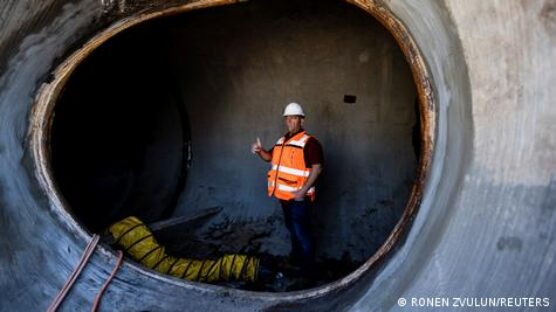


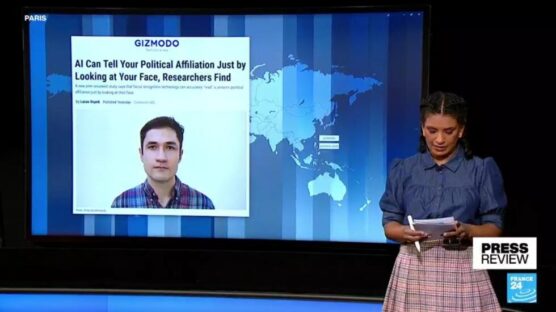

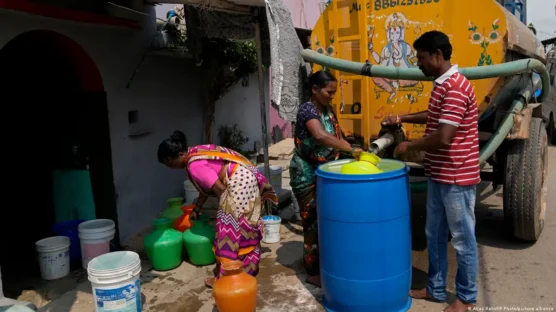





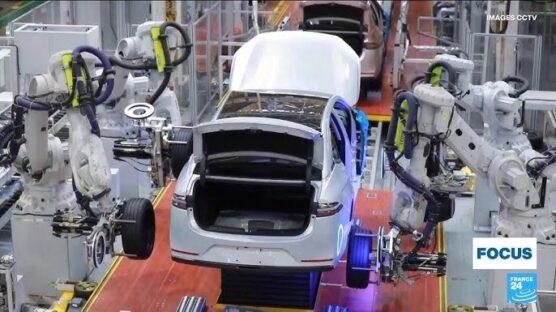

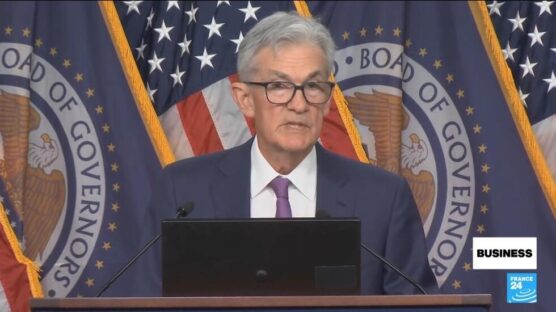

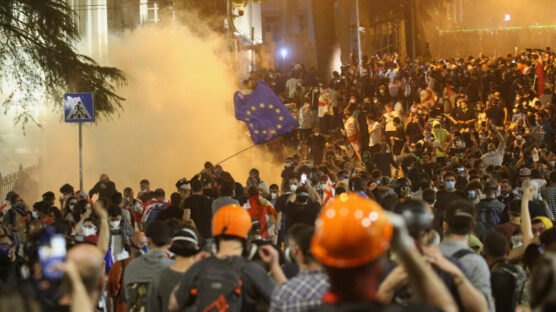
0 Comments
We will review and take appropriate action.